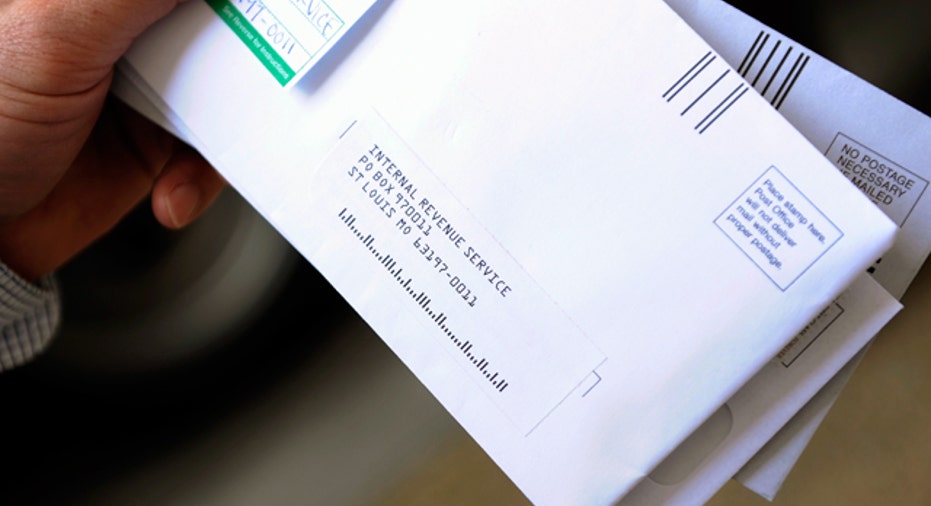House Small Business Committee Wants to Find Right Tax ‘Prescription’ for Economy

Tax Day has passed, but small business owners are likely still recovering from the burden they face each year to file. The House Small Business Committee held a hearing Wednesday entitled “The Tax Outlook for Small Businesses: What’s On the Horizon?” to acknowledge some of the obstacles small business owners face when it comes to U.S. tax policy.
“Tax issues consistently rank among small businesses’ top five hurdles and concerns,” Chairman Sam Graves said. “The fact that it costs small firms 36% more per employee to comply with regulations than larger firms is a clear indication that the time for tax reform is now. We look forward to examining which policies can best allow our nation’s leading job creators to do what they do best: create jobs and drive growth.”
Graves said tax reform is necessary to avoid new taxes for small business in the year to come.
“If the 2001 and 2003 tax relief is not extended, many small business owners may see their tax bills increase. Already facing rising energy costs and scarce capital, they don’t need tax increases in this struggling economy, too,” Graves said.
In addition, taxes on investments will only hinder potential business growth by preventing potentially interested investors from committing to startups, he said.
Leonard Steinberg, principal at Steinberg Enterprises, LLC, testified about his experience in tax consulting for small businesses throughout his career. Steinberg said the proposed tax increases in the Affordable Care Act will alter the way small businesses view each expenditure, and will cause them to be risk averse.
“Businesses will stagnate since business owners will be unsure of what additional rules and regulations will be promulgated by the U.S. Secretary of Health and Human Services,” he said. “This uncertainty takes money out of the worker’s pockets, reduces job creation and will lead to a decline in the overall economy since there will be fewer dollars available for disposable income and less risk-taking overall.”
American Enterprise Institute resident scholar Aparna Mathur testified in regard to how taxing increases on small businesses will hinder the greater economic recovery, calling it the “wrong policy prescription for these times.”
Finally, the National Association of Home Builders, whose members will construct about 80% of all new housing units in the year to come, testified on the importance of small businesses and S-corporations in the construction and home building sectors. The association urged for the extension of the 2001/2003 tax cuts for small businesses.
“Small businesses organized as pass-thru entities pay individual income tax rates on their net business income,” NAHB testified. “Thus, for small businesses, traditionally the nation’s foremost job creators, individual income tax rates are business tax rates… Absent extension of expiring tax rules, most prominently the 2001/2003 tax cuts, many small businesses will be facing tax increases just as the economy is once again showing hopeful signs of growth.”



















